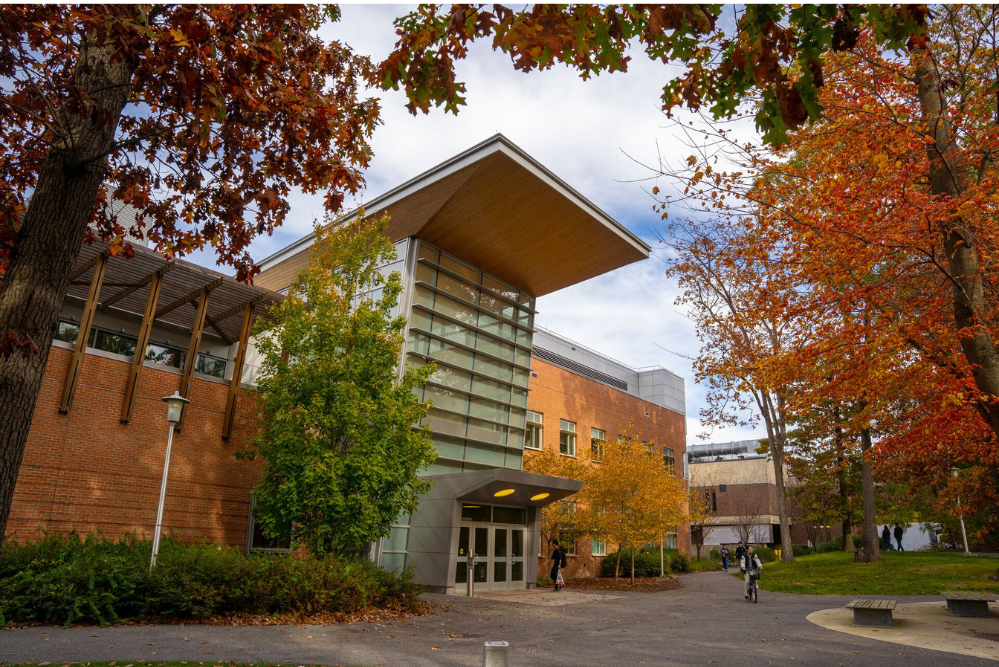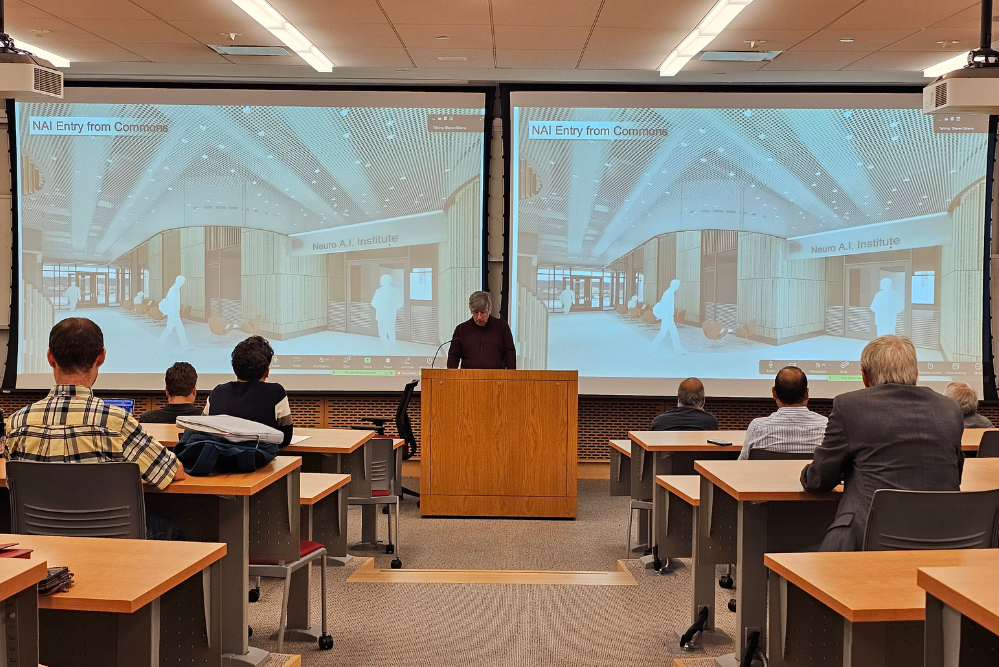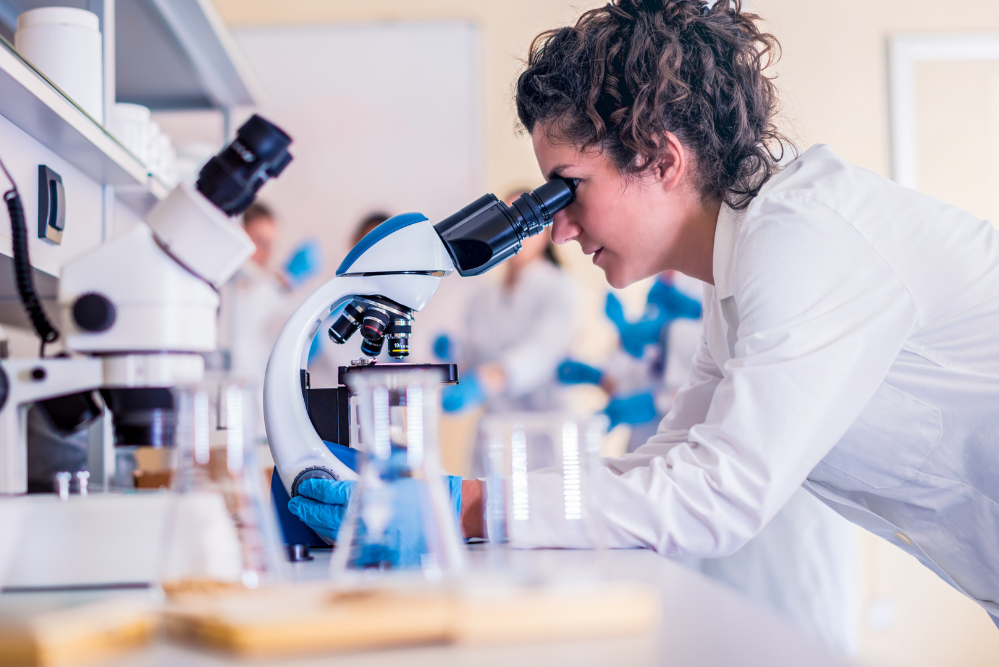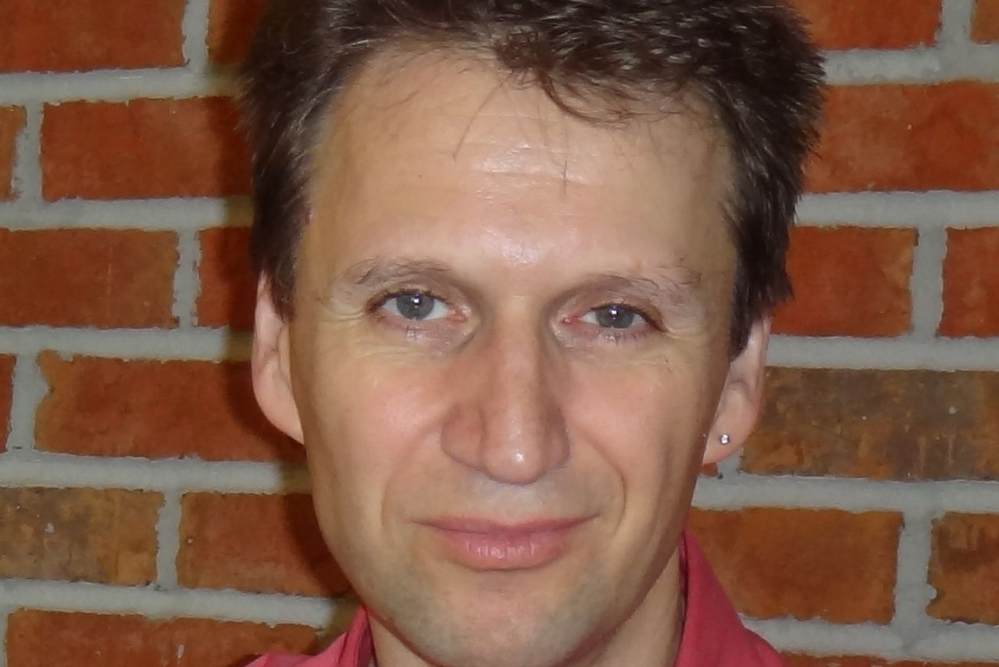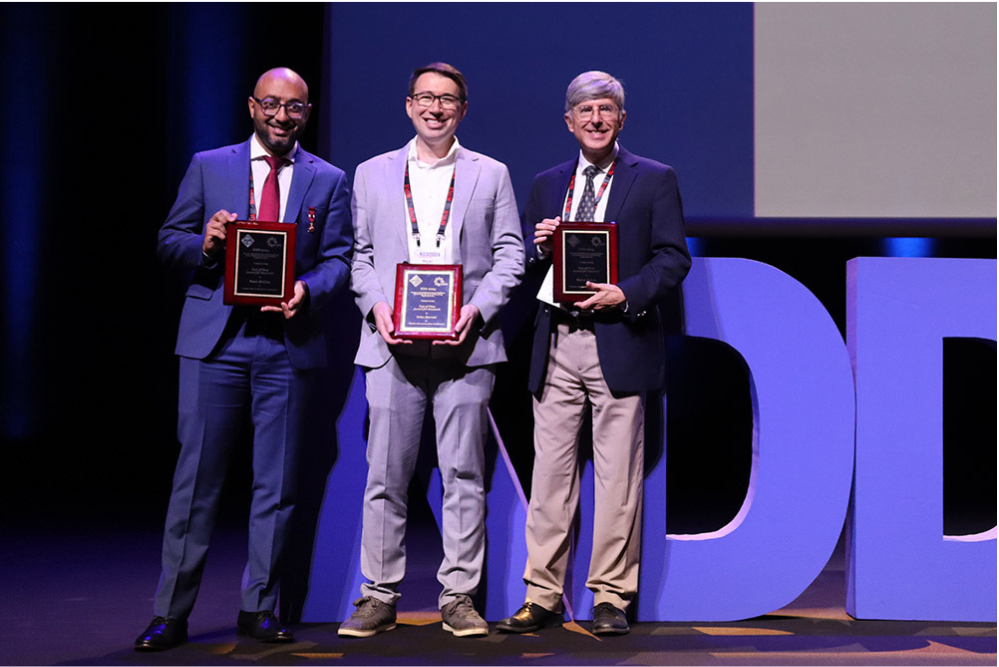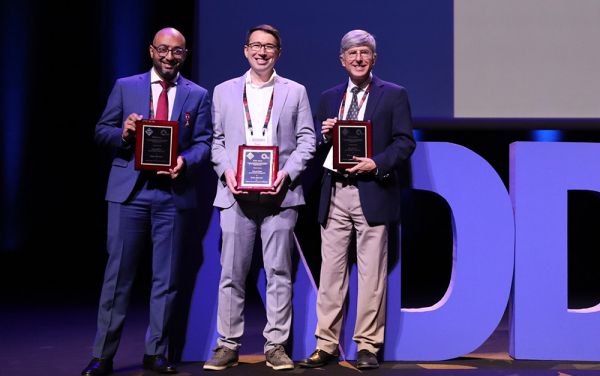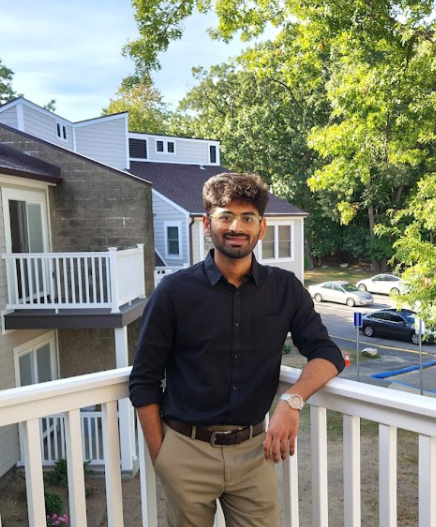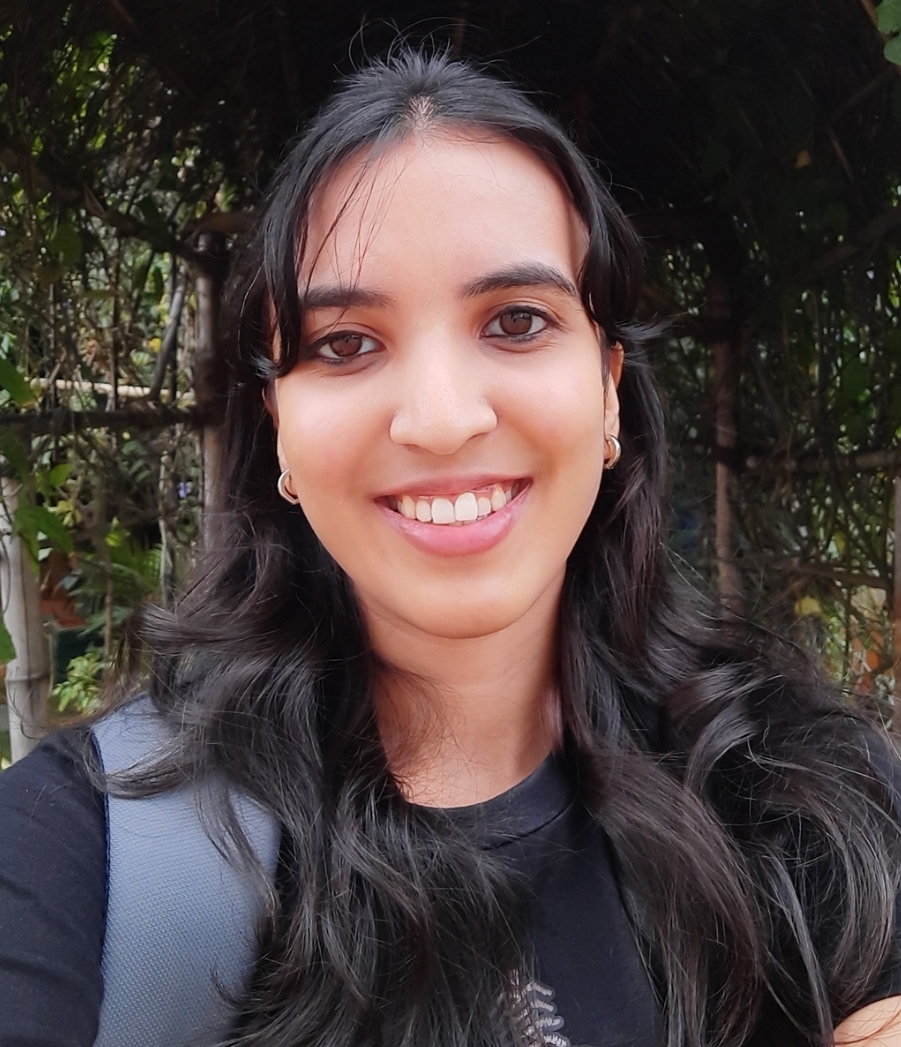In a move that will enhance its capabilities as a leader in AI research and application, Stony Brook University is launching the AI Innovation Institute (AI3), which will expand the Institute for AI-driven Discovery and Innovation established in 2018 from a department-level institute within the College of Engineering and Applied Sciences to the university-wide AI3, reporting to the provost.
Stony Brook University Provost and Executive Vice President Carl Lejuez made the announcement September 5 in an email to the university community.


